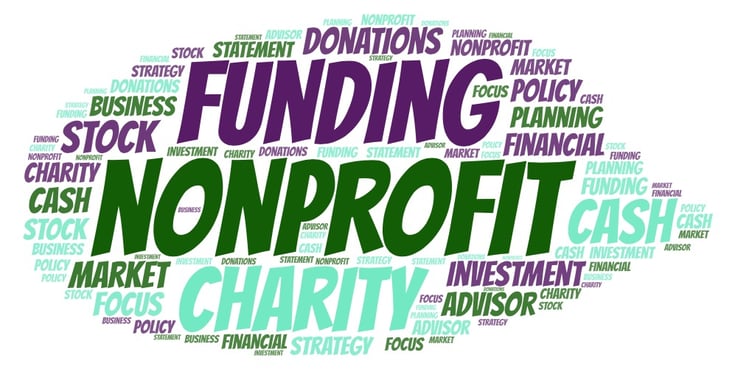
Cash shortages, budget deficits and reduced grants are among the challenges nonprofits are facing during the COVID-19 pandemic as many struggle to stay afloat. Similar to the 2008 recession, boards may find themselves with limited funding options given the uncertain landscape.
With scenario planning, nonprofits can better position themselves to manage their endowment effectively with market cycles. Granite Group Advisors’ Lyle Himebaugh addresses what boards can do now to make their endowments work for them.
What are the first steps boards can take to fully understand whether their funding goals are aligned with their endowment?
All nonprofits need to understand that the account should be managed to meet the needs of the organization, not the needs of the market. If there is a certain amount of income required to support the organization then it’s imperative that the need is met first by the underlying investments. Once that need is met, then you can look at how the rest of the money should be allocated for growth. Too conservative? According to a 2018 survey conducted by Nonprofit Finance Fund, almost 75 percent of nonprofits do not have six months of cash reserves. We’ve seen this play out before in 2002, 2008, 2011 and this year for nonprofits who had or will have to dip into principle to meet their obligations.
How can boards ensure they are protecting their endowment in volatile markets?
The simplest and permanent solution would be to have an investment policy statement, which is established by the board of trustees and governs those managing the investments of the endowment fund. This IPS should outline the purpose, income requirements and allocation. It should specify how much should be allocated to bonds, stocks, hedge funds and private equity. Regardless of whether the markets go up or down, the nonprofit will always have the baseline income it needs and the additional assets if and when a drawdown is required.
How much cash reserves should nonprofits have during recessionary periods like the one we’re about to enter?
An old rule of thumb is to always have 6 to 12 months of cashflow in cash no matter the economy environment. That being said and with money-markets paying close to zero, bonds have been an alternative for outright cash. However, they must be investment grade bonds and nonprofits should focus on and vet the managers as well as the bond mutual funds.
If cash constrained, what can boards do now to with their endowment to manage through this crisis?
In the short term, the board first needs to assess their short-term cashflow needs and then consider what assets, liquid or illiquid, could be sold to meet those needs. Once that process is completed, the board should adopt an investment policy and stick to it. The board should review at least quarterly to make sure stated policies are adhered to by an investment firm or by the committee. Trustees should make sure the firm handling the organization’s account understands and has the capability to handle their charge. The worst position to be in is having to sell assets at the wrong time. As Louis Pasteur once said: “Chance favors the prepared mind.”
What advice can you share with boards to focus on building a financially sustainable endowment?
Most donors do not want to put good money after bad. To build an endowment, it’s important to have an organized structure to ensure future sustainability. Work within the budget. Make sure the allocation meets the budget requirements. Have an overall strategy that outlines small goals and tracks success. Boost donor confidence by communicating the organization’s accomplishments, not just on performance but how the allocation has met or exceeded the needs of the organization.
Why should a nonprofit hire a financial advisor?
A good financial advisor should have a documented investment process and should be able to implement strategies that adhere to the nonprofit’s IPS. Oftentimes financial firms do what they feel is best but may violate governing policies. That puts the nonprofit at risk. Granite Group Advisors employs a strict monitoring process to ensure compliance with the nonprofit’s governing rules and procedures. Our process ensures a nonprofit will remain sustainable even in the face of declining donations.







